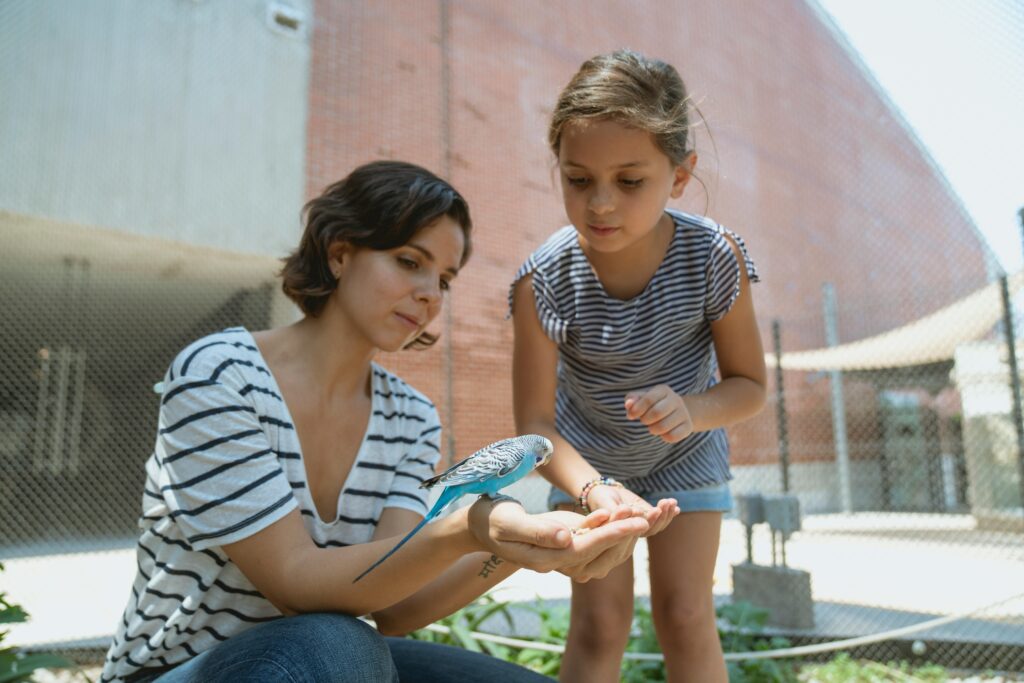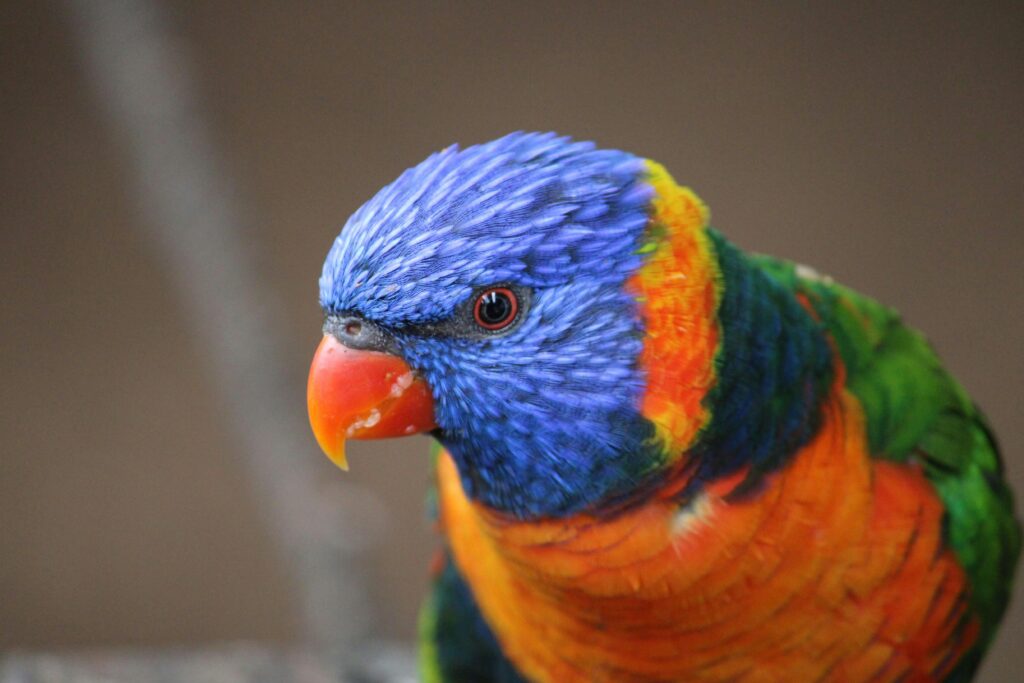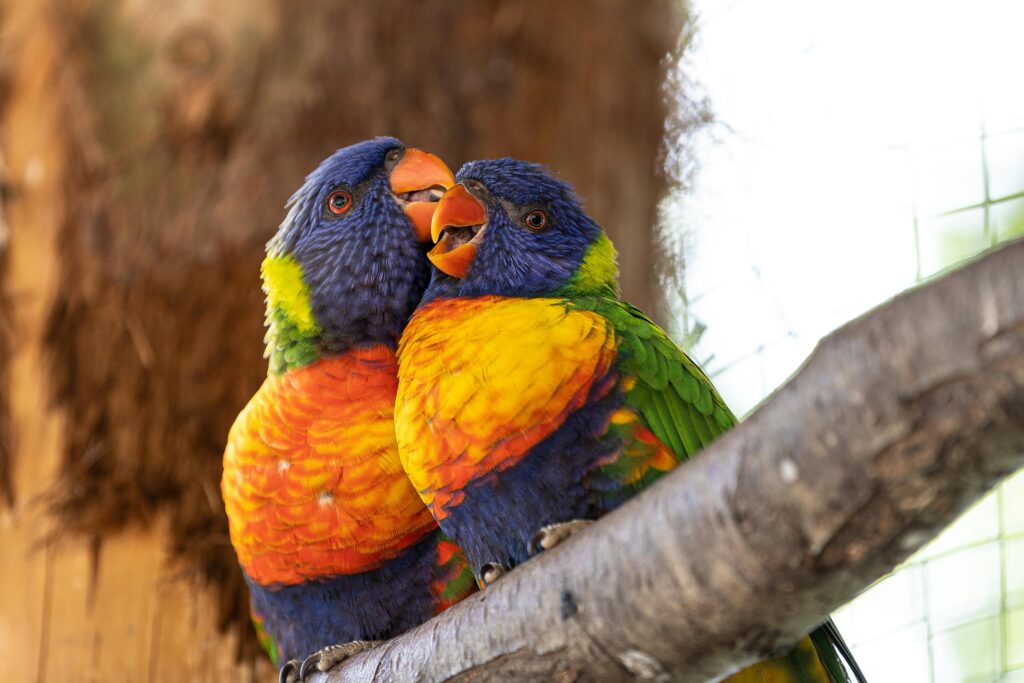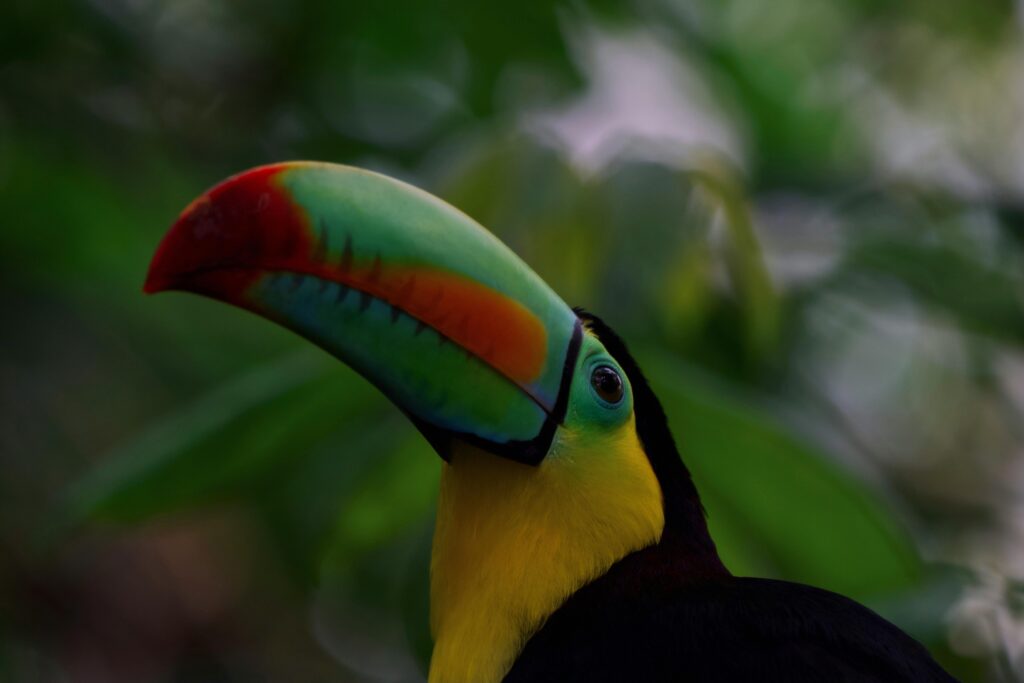A lot of bird owners are worried about birds pulling their feathers. It can start all at once or slowly get worse. A bird that used to be vibrant and full of feathers may begin to look spotty or bald. This kind of behavior is not just about how you appear. A lot of the time, it is a clue that something else is wrong. There are several reasons why birds pull out their feathers. It could be something physical, emotional, or even environmental. The key to fixing it is figuring out what caused it in the first place. There are differences between each bird. Not everything that works for one person will work for another. You can help your bird heal and feel better if you take the appropriate actions.
This blog tells you why birds pull off their feathers and how to stop them from doing so. Do not worry if your bird is going through this. There is a chance. You can help your bird get better and quit plucking its feathers if you are careful, patient, and have the appropriate information.
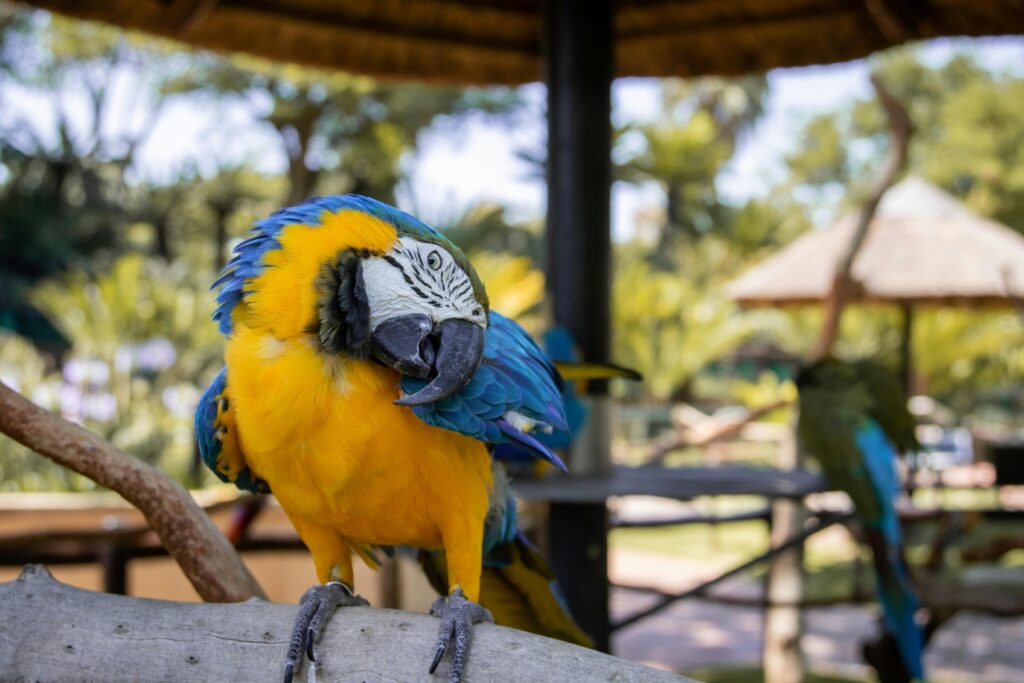
Knowing Why Birds Pull Out Their Feathers
Reasons for Feather Plucking in the Body
Sometimes the cause has to do with health. Birds can get skin diseases, parasites, or allergies. They can be in pain from something we ca not see. After an accident or operation, a bird may also pluck its feathers. Birds that do not get enough vitamins, notably vitamin A, may experience itchy skin. A bad diet can make your feathers dry and your skin unhealthy. Then the birds will try to soothe the itch by picking at it.
Hormonal changes
Hormonal changes can also be a factor at times. During mating season, certain birds pluck more. Their altered levels that are out of whack can change how they act.
Psychological Causes of Feather Plucking
Birds are both intellectual and emotional animals. One of the main reasons people pluck feathers is that they are bored. If a bird is left alone for a long time every day, it may start to pluck out its feathers in anger. Not having enough mental motivation can make you stressed. A bird might pick at its feathers to pass the time if it lacks toys or people to play with. It becomes a habit that is hard to stop.
This can also happen because of fear or trauma. A bird could get nervous if there is a loud noise, a new pet, or a change in the home. Plucking is a sign of this tension.
Feather Plucking and the Environment
Place to live
The bird home is important. Stress and feather loss might happen if the cage is too tiny, unclean, or in a terrible place.
Bad lighting
Bad illumination or too much artificial light might disturb a bird sleep. Birds need to sleep. They get cranky and may start to pluck if they do no get enough sleep.
Temperature and humidity
The temperature and humidity are also important. The bird skin will itch if the air is too dry. The bird may start to pluck if the air is too hot or cold.
How to Know If Your Bird Is Pulling Out Its Feathers
Check out the Pattern
Plucking usually happens where the bird can reach with its beak. This comprises the area under the wings, the chest, and the belly. If you only see missing feathers in specific places, it’s probably because they were plucked.
Feathers that fall out on their own normally come from all around. But when birds pick, the areas are typically not even and not symmetrical.
Please pay Attention to How They Act
If your bird often picks at itself, bites its feathers, or makes weird noises, it might be plucking. Some birds only do this when they are by themselves. Some people do it more regularly when other people are around.
Look for evidence that they are restless as well. If a bird is pacing, shrieking more than normal, or seems mournful, it may be stressed.
Go to an Avian Vet
A professional bird doctor is the only person who can say that there are no health problems. Before trying any alternatives, you should take your pet to the vet. They might check for parasites or undertake blood tests. You may now pay attention to behavior and the environment, now that you know there is no illness.
Ways to Stop Birds from Pulling Out Feathers
Improve Your Bird Diet
Food is the most important thing for health. If they do not eat well, their skin will dry and their feathers will go weak. Give your bird a combination of seeds, pellets, fresh fruits, and veggies.
Vitamins
Give foods high in vitamin A, like carrots, sweet potatoes, and dark leafy greens. For protein, add a few almonds or boiled eggs.
Clean Water to Drink
There must always be fresh water available. Do not give your bird processed human food or food with too much sugar or salt.
Increase Mental Stimulation
Birds need to keep busy. A bored bird will discover things to do independently, which could involve plucking.
Give them different toys
Pick toys that are safe to chew, tear, or climb on. Make sure to change them often so your bird does not get bored.
Teach tricks
Spend time with your bird every day, chat to it, and teach it tricks. Playing for even a few minutes can help you stop plucking.
Make the environment less stressful
Birds need a place that is tranquil and stable. Keep the cage in a room that is not too loud, such as one with a lot of traffic or TVs that are too loud.
Check if the cage is big enough
Birds need to be able to move about and stretch their wings. Being in a small place makes people stressed and makes them act badly.
Stay on schedule
Every day at the same time, feed your bird and cover its cage. Birds like to know what is going to happen.
Make the cage better
The cage needs to be safe and clean. Every day, clean the bottom tray, and every week, wash the toys and perches.
Put the cage in a shady place
Put the cage where your bird can enjoy natural light but not direct sunshine all day. To keep healthy, birds require the right amount of light. If your home does not get a lot of sunlight, use a full spectrum light.
Please put it in a humidifier when the air is dry. This maintains the skin healthy and the air wet.
Make a routine for getting enough sleep
Every night, birds need to sleep for roughly 10 to 12 hours. They get anxious and may pluck if they do not get enough sleep. Every night, put a dark cloth over the cage to keep out light and noise. When you sleep, keep the cage in a quiet room.
Do not wake your bird up once you cover the cage. Don’t bother them while they sleep at night.
Add Bathing Opportunities
Bathing makes birds feel clean. It gets rid of dust and calms itching skin. Some birds like to be misted, while others appreciate shallow water.
Try giving them a shallow bowl of water a few times a week. Only use water that is warm. You can even lightly spritz your bird with a spray bottle if they like it.
Do not make a bird take a bath. Watch and see what they like best.
Give Your Bird More Attention
Birds like to be around other birds. Your bird could feel lonely if you are gone for most of the day. Spend some time every day with your bird, talking or singing. Put the cage in a place where you spend time so your bird does not feel left out.
Think about getting a second bird to keep your first one company if you ca not offer it a lot of attention. Just make sure they get along first.
Be careful when using feather plucking collars
Some experts say that a soft collar can keep a bird from getting to its feathers. You should only do this if your vet tells you to.
Do not leave the collar on for too long. It will not fix the problem, but it will stop more damage from happening while you work on the fundamental cause.
Try Calming Herbs and Supplements
Some birds do well with natural, relaxing herbs like chamomile or bird specific vitamins. People often add them to food or water.
Do not offer your bird human medicine or herbs without first talking to a vet. Birds are delicate, and the incorrect amount might hurt them.
When to Seek Help
When You Notice Blood or Damage to Skin
Get treatment right once if your bird is bleeding or harming itself. Infection and additional plucking can happen if you have open wounds.
If Nothing Seems to Work
If your bird still plucks after trying a lot of things, get help from a professional. Some veterinarians work with behaviorists who can discover the root of the problem.
If the Problem Is Getting Worse
Plucking might become a habit at times. The bird keeps doing it even if the reason is gone. In certain situations, therapy or specialist training may be necessary.
Conclsuion
Feather plucking is a painful and scary problem for birds and their owners. But there is still hope. Most birds can stop doing this and grow healthy feathers again if they are given time, care, and the correct steps.
First, figure out what is wrong. Is it because of health, boredom, fear, or something else? Make modifications to your food, living space, and daily care once you know why.
Before you attempt anything new, go to a vet who specializes in birds. Be patient, stick to a schedule, and show love. Birds like it when you pay attention to them and are nice to them. It could take some time for your bird to heal, but everything you do to aid it will make it feel better and safer.
Feathers are more than simply pretty. They show that you are healthy and comfortable. When your bird stops picking at things, it signifies they trust the world around them again. That is the finest thing that could happen to a bird owner.
